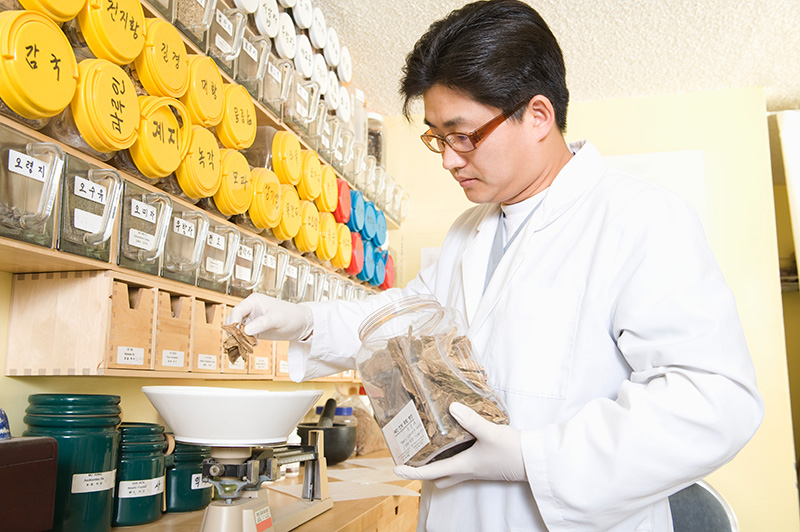The Basics
For 5000 years, the Chinese people have gathered experience, information, and understanding of the human body and the treatment of illness and disease. The sum of the wealth of this practical and established knowledge has become known as Traditional Chinese Medicine (TCM).
The TCM system of knowledge is vast in its depth and scope. At the core of TCM are a number of fundamental theories and systems. These include such concepts as Yin &Yang, Five Element Theory, Zang-Fu Theory, Meridians & Qi, Blood and bodily fluids. There are also well defined methods of syndrome differentiation, diagnostic techniques, and TCM treatment protocols that utilize Chinese herbal medicine and acupuncture.
HOW DOES IT DIFFER FROM WESTERN MEDICINE?
Traditional Chinese Medicine (TCM) likely originated approximately 5000 years ago. Over the past 2000 years, TCM practices have been documented and have evolved into what is now recognized as a complete healing system used by more people in the world than most any other medicine. A key benefit of TCM is the philosophical premise underlying all treatments – that the body has enormous potential to heal itself. Without turning immediately to pharmaceuticals or surgery, TCM doctors approach symptoms with diagnostic tools to determine the causes of problems, and to address those causes with TCM practices, not just treat the symptoms.
A crucial difference between TCM and western medicine is that TCM is based upon a fundamental understanding of the body as an integrated system of bodily fluids, organs, and the flow of energy.
Diagnosis focuses on where any of these aspects is not functioning well, where there are blockages, and how a problem in one area of the body affects other areas.
Treatment makes use of several different modalities and focuses on determining the root causes of problems and addressing root causes, and facilitating the body’s ability to heal itself.

